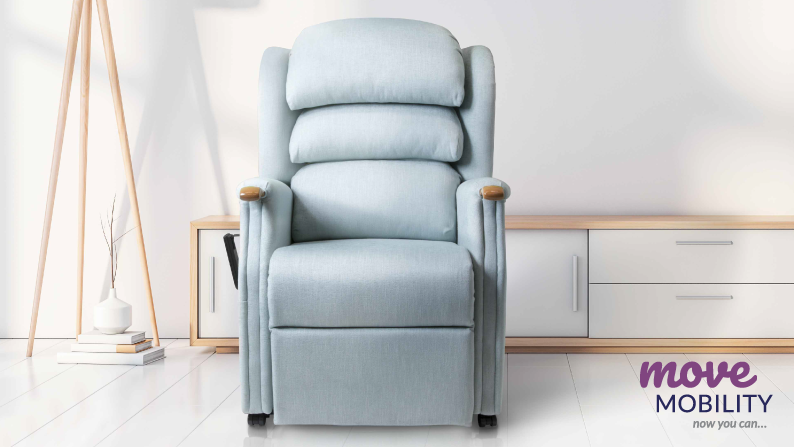Introduction
Posture, often an overlooked aspect of health, plays a pivotal role in our overall well-being. Our spine, akin to the foundation of a building, determines our body’s structural integrity. In today’s sedentary world, where many find themselves seated for extended periods, it’s paramount to prioritise spinal health. Enter the ergonomic design of riser recliner chairs – a solution designed with the human body in mind.
1. Understanding Ergonomics:
Ergonomics isn’t just a buzzword; it’s a science focused on harmonising products with the human physique and its movements. In furniture, this translates to designs that not only look good but feel good. They take into account the body’s contours, ensuring optimal support, particularly in areas like the spine, which bear the brunt of poor postural habits.
2. Spinal Support:
Imagine the spine as a column of delicate blocks, each requiring support and balance. Riser recliner chairs, specifically designed with ergonomic principles, cradle the spine’s natural S-curve. This embrace ensures reduced pressure on intervertebral discs, prevention of muscular strains, and a decrease in the chances of chronic back issues. In essence, these chairs serve as guardians of your spinal health.
3. Promoting Natural Sitting Position:
A quick observation reveals a common trend: slumping forward or slouching in chairs, a posture nightmare. Traditional chairs often don’t cater to the body’s need for natural alignment. Riser recliners, however, champion a seating position where the hips are slightly elevated above the knees. This subtle elevation ensures an even distribution of body weight, encouraging the lumbar region to maintain its natural curve and effectively combating the dreaded slouch.
4. Adjustability is Key:
Body types are as varied as personalities, and a one-size-fits-all approach is seldom the answer. Riser recliner chairs come equipped with features that allow tailored adjustments. Whether it’s the angle of recline or the elevation of the leg rest, users can modify the chair to suit their individual needs, ensuring that the spine, neck, and hips remain in a harmonious alignment, irrespective of the user’s shape or size.
5. Reduced Muscle Fatigue:
Sitting might seem like a restful activity, but in reality, our muscles are continuously at work, trying to stabilise our posture. In chairs that lack ergonomic design, muscles tend to overcompensate, leading to fatigue. Riser recliners, with their body-contouring design, distribute weight evenly. The result? Muscles can relax, leading to reduced fatigue and an overall sense of well-being.
6. Improved Blood Circulation:
Proper posture isn’t just about bones and muscles; it has cardiovascular implications too. When seated correctly, with the body in alignment, blood vessels remain unobstructed, ensuring efficient blood flow. Riser recliners, by promoting correct posture, facilitate better circulation. This is especially beneficial in reducing the risk of edema or swelling in the lower extremities, a common concern for many
Conclusion
While the allure of a riser recliner chair might be its promise of relaxation, its value extends far beyond. It’s a tool for health, a proactive measure against postural problems, and a nod to the importance of spinal health. As we navigate a world where sitting has become the norm, let’s invest not just in comfort, but in chairs that champion our well-being.
Why settle for ordinary when you can opt for ergonomically exceptional? Dive into Move Mobility’s curated collection of riser recliner chairs and pledge allegiance to your spine’s health.

